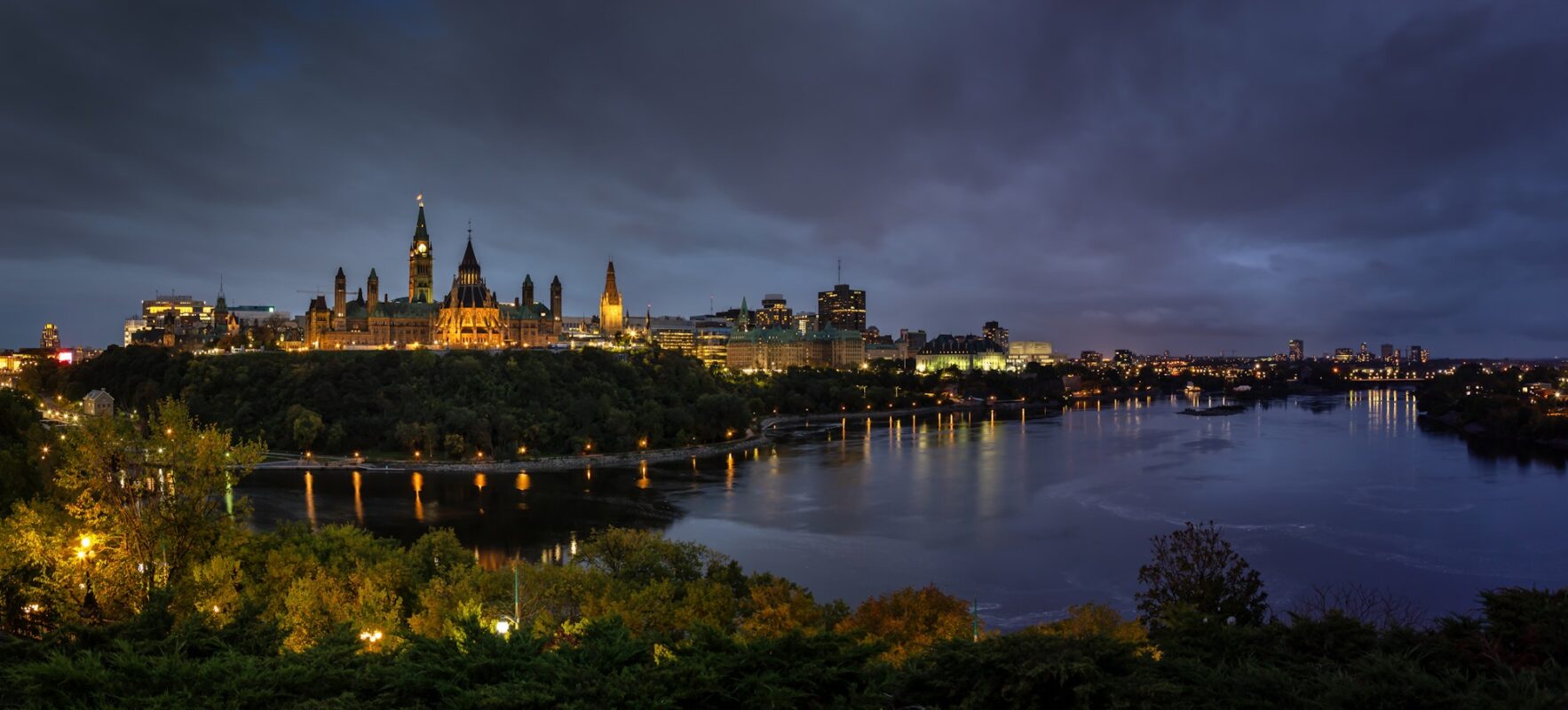
Approval of the annual Budget is the most important decision City Council makes in the year. The Greenspace Alliance regularly makes submissions in favour of greenspace preservation.
Budget Directions
10 January 2007
Statement by the Greenspace Alliance
on 2007 BUDGET DIRECTIONS (CITY OF OTTAWA)
Presented by Chris Szpak (Alliance Board Member)
The Alliance is a non-profit, advocacy organization of volunteers dedicated to preserving green space and protecting the environment in the National Capital Region.
For the last number of years the Alliance has advocated that the City allocate adequate budget resources for the protection of lands and water ways that are considered to be environmentally significant. Usually this has meant asking the City to do more to care for our environment, but having to be satisfied with the little that actually has been allocated for “green” initiatives. Now, given the current Budget Directions, we fear that even the few activities that have been budgeted for, such as the land stewardship and wetlands program under “enhanced services”, and certain “strategic initiatives” projects, may have their funding cut. These projects include (descriptions taken from the 2007 Draft Budget for Ottawa):
As well, we would also draw your attention to environmental issues that arose in 2006 such as the management of the uncontrolled overflows of raw sewage from Centre Town into the Ottawa River. A motion was presented to the City’s Planning and Environment Committee to more fully investigate this discharge into the river, and to ensure funding is available to undertake the most essential repair and mitigation work in 2007.
It is important to stress that such projects are only the initial steps in addressing the environmental and ecological responsibilities of the City. They not only concern themselves with the preservation of environmentally significant features for their own sake, but they also touch upon our quality of life and the maintenance of a healthy ecological balance that we are all part of.
Of particular interest to us is the status of the Environmental Resources Area Acquisition project – a fund that allows the City to purchase land deemed to be environmentally significant. According to the Urban Natural Areas Environmental Evaluation Study commissioned by the City’s Planning & Growth Management Department and subsequently approved by Council in 2005, 29 sites were given a overall high rating for ecological significance. We maintain that if the City is serious about preserving its natural assets that this fund should be, not only retained, but augmented, so that it could be used to purchase these lands.
A commitment to ecosystem integrity cannot just be turned on and off. The process of ecological degradation through loss of green space and natural habitat is ongoing and cumulative, and very difficult, if not impossible, to turn back.
Ottawa in its Official Plan purports to be a “green and environmentally-sensitive” city as stated in one of the OP’s “guiding principles”; if this is to be achieved then funding for environmental initiatives cannot be diminished or eliminated.
We appreciate the financial challenges faced by the City; however, the City also needs to keep in mind that sacrificing key environmental programs now could have serious economic consequences in the future (e.g., repairing environmental damage, providing clean water, etc.). Nowadays, expenditures for the basic maintenance of ecosystem integrity should be considered obligatory – not discretionary.
Finally, much time and effort has been invested in developing a vision for the City as represented in the stated objectives of the Official Plan, and it should be Council’s responsibility to provide leadership in meeting these objectives with due regard to medium- and long-term cost management, and not to rely on short-term, disruptive budget reductions.
Thank you.
Budget 2007 Submission
21 February 2007
Statement by the Greenspace Alliance on
2007 DRAFT BUDGET (CITY OF OTTAWA)
Presented by Chris Szpak (Alliance Board Member)
The Greenspace Alliance is a non-profit, advocacy organization of volunteers dedicated to preserving green space and protecting the environment in the National Capital Region.
As feared, Staff in the draft budget have recommended that a number of initiatives dealing with climate change and the environment have their funding deferred. Despite growing public concern, the environment continues to be sacrificed for short-sighted purposes. The Alliance strongly disapproves of cutting back on such programs. Cuts to the following initiatives of particular concern to the Alliance’s area of interest are:
We ask that you consider the long-term implications of cutting back on such programs such as these. It is important to stress that such projects are only the initial steps in addressing the environmental and ecological responsibilities of the City. They not only concern themselves with the preservation of environmentally significant features for their own sake, but they also touch upon our quality of life and the maintenance of a healthy ecological balance that we are all part of.
Much time and effort has been invested in developing a vision for the City as represented in the stated objectives of the Official Plan, and it should be Council’s responsibility to provide leadership in meeting these objectives with due regard to medium- and long-term cost management, and not to rely on short-term, disruptive budget reductions. Otherwise, Council will need to go through the same haphazard exercise next year, and the year after that, to the overall detriment of the community.
Thank you.
